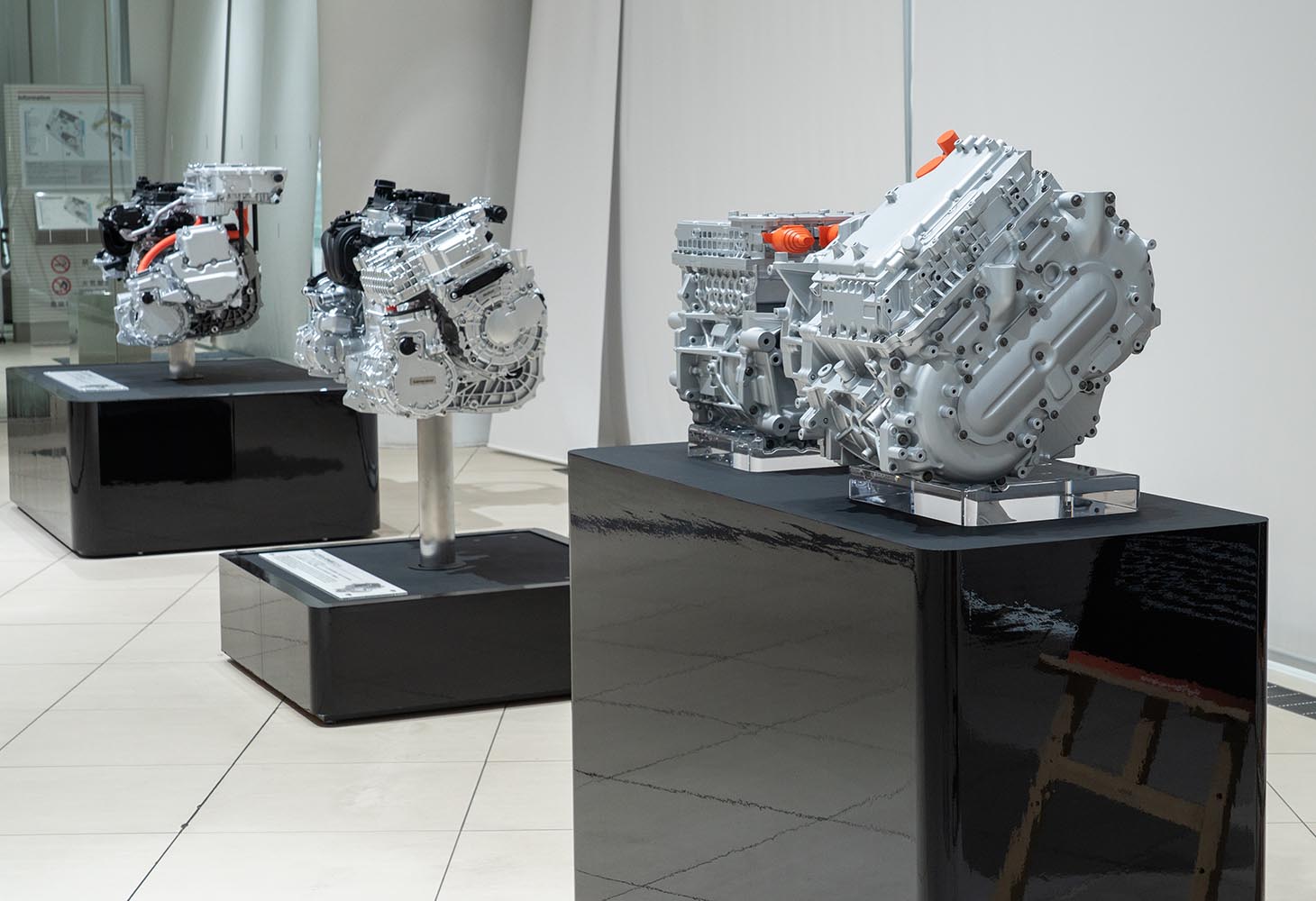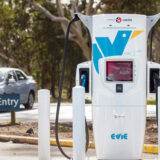
Nissan: e-POWER to reach price parity with ICE vehicles by 2026
Japanese automaker Nissan has unveiled its new approach to electrified powertrain development, which it calls “X-in-1”. Under the approach, core electric vehicle (EV) and e-POWER powertrain components will be shared and modularized, resulting in a 30% reduction, compared to 2019, in development and manufacturing costs by 2026.
Through the X-in-1 approach, Nissan aims to further increase the competitiveness of its EV and e-POWER vehicles. Nissan has developed a 3-in-1 powertrain prototype, which modularizes the motor, inverter, and reducer, which is planned for use in EVs.
A 5-in-1 prototype, which additionally modularized the generator and increaser, is planned for use in e-POWER vehicles.
The X-in-1 approach, which covers 3-in-1, 5-in-1, and other possible variants, has been developed to enable EV and e-POWER core components to be produced on the same line.
In 2010, Nissan became the first automaker to mass-market an electric vehicle, the Nissan LEAF. In 2016, Nissan launched its unique e-POWER electrified powertrain, utilizing its EV technology, which provides the same driving pleasure as an EV as it is 100% motor drive.
According to Nissan, X-in-1 approach to electrified powertrain development provides the following benefits:
- Sharing and modularizing core components improves production efficiencies and reduces powertrain costs by approximately 30% compared to 2019. Nissan aims to achieve e-POWER price parity with internal combustion engine (ICE) vehicles by around 2026.
- Size and weight reduction of the unit improves vehicle driving performance and minimizes noise and vibration
- Adopt newly developed motor that reduces the use of heavy rare earth elements to 1% or less of magnet weight
- The sharing of core components and control technology provides the enjoyable driving experience unique to Nissan EVs
“We make the most of our expertise and know-how from our more-than-a-decade long development and production of electrified technologies. Through our innovations in electrified powertrain development, we’ll continue to create new value for customers and deliver 100% motor-driven vehicles—EVs and e-POWER—as widely as possible,” said Nissan Senior Vice President Toshihiro Hirai, who leads powertrain & EV engineering development.
Under its long-term vision, Nissan Ambition 2030, the company aims to bolster its lineup with 27 new electrified models, including 19 EVs, by fiscal year 2030.
Nissan said its aim is to bring the unique value of its electrified vehicles to the broadest range of customers by introducing the most suitable models to each market at the appropriate time.














